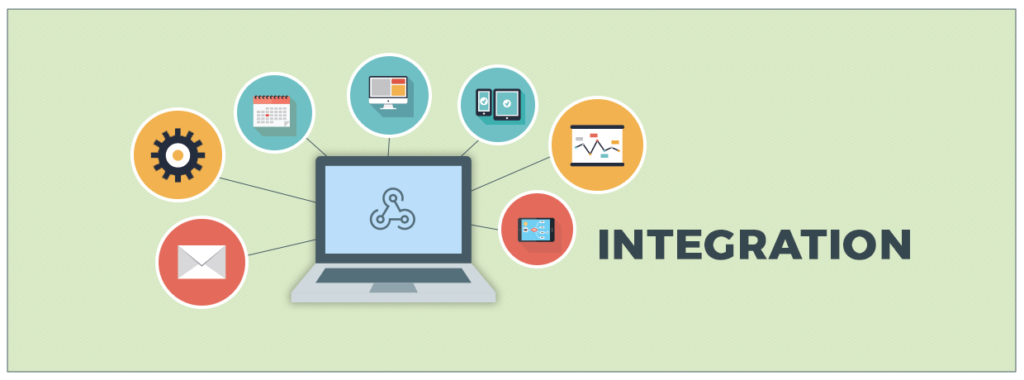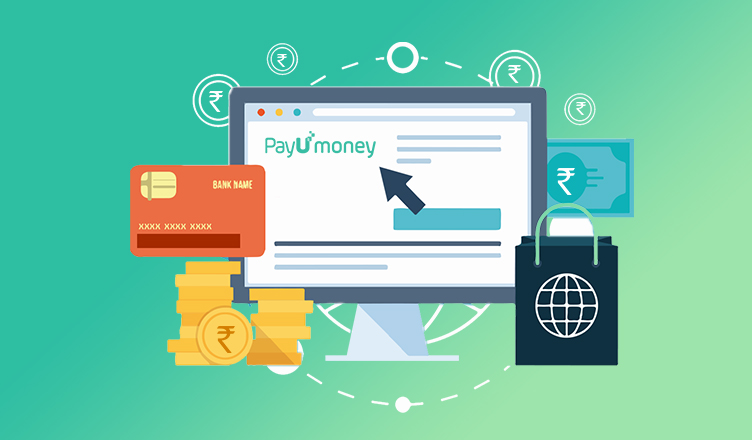AUTHOR : HANIYA SMITH
DATE : 17/10/2023
Introduction
In today’s rapidly evolving digital landscape, e-commerce[1] has become a cornerstone of modern business. To thrive in this competitive environment, online businesses need efficient and also secure payment gateways. Django, a high-level[2] Python web framework, provides a robust platform for integrating payment gateways seamlessly. This article explores the intricacies of payment gateway[3] integration in Django, from setting up the environment[4] to handling transactions.
Setting the Stage – Preparing Your Django Project
Before diving into payment gateway integration, you must ensure your Django project is well-structured. This section covers the essential pre-integration steps.
Create a Django Project
If you haven’t already, start by creating a new Django project[5] or use an existing one for your e-commerce platform.
Set Up Virtual Environment
It’s advisable to create a virtual environment for your project to manage dependencies effectively.
Choose the Payment Gateway
Select a suitable payment gateway for your business. Commonly chosen payment gateways encompass PayPal, Stripe, and also Braintree.
The Integration Process

Now, let’s get into the nitty-gritty of integrating a payment gateway into your Django project.
Install the Required Package
Depending on your chosen payment gateway, install the corresponding Python package. For instance, if you’re going with Stripe, use stripe or paypalrestsdk for PayPal.
Configuration
Configure your Django settings to include the API keys provided by your chosen payment gateway. This step ensures secure communication between your website and also the payment service.
Create Payment Views
Design views for handling payments, such as processing the payment form and also confirming successful transactions.
Set Up Webhooks
Implement webhooks to receive real-time notifications of payment status changes. This is crucial for ensuring the accuracy of order processing.
Handling Transactions also
With the integration complete, it’s time to delve into the transaction process.
Customer Interaction

Design an intuitive interface for customers to input their payment details securely. Ensure it aligns with the chosen payment gateway’s best practices.
Transaction Validation
Implement validation mechanisms to ensure the accuracy of payment data and also prevent fraudulent [1]transactions.
Payment Processing
Utilize the payment gateway’s API to process transactions securely. Handle errors gracefully and provide informative feedback to users.
Security and Compliance also
Payment gateway integration is not just about convenience but also about maintaining the highest level of security and compliance.
Data Encryption
Implement encryption to safeguard customer data during transmission and also storage.
Compliance with PCI DSS
Ensure your integration complies with the Payment Card Industry Data Security Standard (PCI DSS) for secure handling also also of credit card information.
Mobile Payments

One of the current trends is the increasing use of mobile payments. Payment gateways now need to provide seamless mobile integration[2], allowing users to make purchases on their smartphones and also tablets.
Cryptocurrency Integration
Some forward-thinking businesses are exploring cryptocurrency payments. Integrating payment gateways that support cryptocurrencies can be a game-changer for certain industries.
AI and Machine Learning also
Artificial intelligence and machine learning are being used to detect and also prevent fraud in real-time. The future will see even more advanced AI solutions in payment gateways.
The Future of Payment Gateway Integration
Now, let’s look ahead to what the future holds for payment gateway integration in Django.
Biometric Authentication
Biometric authentication, such as fingerprint or facial recognition, will become a common method for confirming payments,[3] enhancing security, and also simplifying the user experience.
Enhanced Customer Insights
Payment gateways will provide businesses with even more data and also insights about customer behavior. This data can be used to optimize pricing, marketing strategies, and user experiences.
Blockchain Technology

Blockchain technology will play a more prominent role in payment processing. It offers transparent, secure, and also efficient transactions, making it an attractive option for businesses and customers.
IoT Integration
With the growth of the Internet of Things (IoT), payment gateways will need to adapt to handle payments from various connected devices, such as smart appliances and also wearable technology.
Conclusion
In conclusion, integrating a payment gateway[4] in Django is a vital step for any e-commerce business. It empowers you to provide seamless and secure payment options for your customers, ultimately boosting sales and customer satisfaction. With proper planning and also careful execution, you can achieve a seamless payment experience that drives your e-commerce venture to new heights.
FAQs
1. What payment gateways are commonly used with Django?
Commonly used payment gateways with Django include PayPal, Stripe, Braintree, and also Authorize.Net.
2. Is payment gateway integration in Django secure?
Yes, when implemented correctly, payment gateway integration in Django can be highly secure, ensuring the protection of sensitive customer data.
3. What is the role of webhooks in payment gateway integration?
Webhooks are used to receive real-time notifications of payment status changes, allowing you to update order statuses and also keep customers informed.
4. Do I need to be PCI DSS compliant when integrating a payment gateway with Django?
Yes, you should strive for PCI DSS compliance to ensure the secure handling of credit card information, which is vital for customer trust and also data security.
5. Can I integrate multiple payment gateways into a Django project?
Yes, it is possible to integrate multiple payment gateways into a Django project, providing customers with various payment options.





